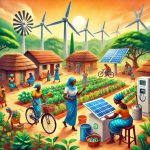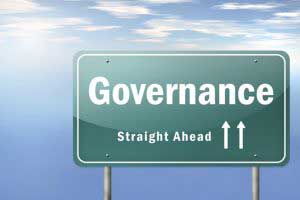Women are under-represented in the renewable energy sector, despite its potential to transform lives. To address this gender gap, a multi-pronged approach is needed, that includes promoting STEM (science, technology, engineering, and mathematics) education, fostering inclusive workplaces and supporting women-led initiatives. Integrating gender perspectives into energy education and training is also crucial.
By providing scholarships, mentoring programmes and targeted outreach, more women can be encouraged to pursue careers in renewable energy. Establishing networks and organisations for women in renewable energy can offer a sense of community, mentorship opportunities, and a platform for sharing expertise.
Creating supportive work environments for women in the sector includes implementing gender-sensitive policies; offering family-friendly benefits; promoting a culture of inclusion and ensuring women’s participation in policy development, programme design, and leadership roles.
Various innovative initiatives are emerging to empower women on the career ladder in Africa and enhance their participation in the renewable energy sector. For instance the Women in Renewable Energy Association Uganda provides mentorship, networking opportunities and access to resources for women in the industry. The EmpowerHer Initiative in Nigeria offers financial literacy and entrepreneurship training to help women navigate financial barriers and achieve economic independence.
The Young Women in African Power Leadership Training Programme, part of Power Africa’s collaboration with the Young African Leaders Initiative (YALI), aims to enhance women’s participation in the energy sector across East and West Africa. By providing training in technical skills and leadership development, this programme prepares young women for influential roles within the industry.
By addressing these challenges and implementing innovative solutions, the renewable energy sector can unlock the potential of women as agents of sustainable development. Empowering women in this industry is not only a matter of equality but also critical for driving innovation, efficiency, and climate action.








